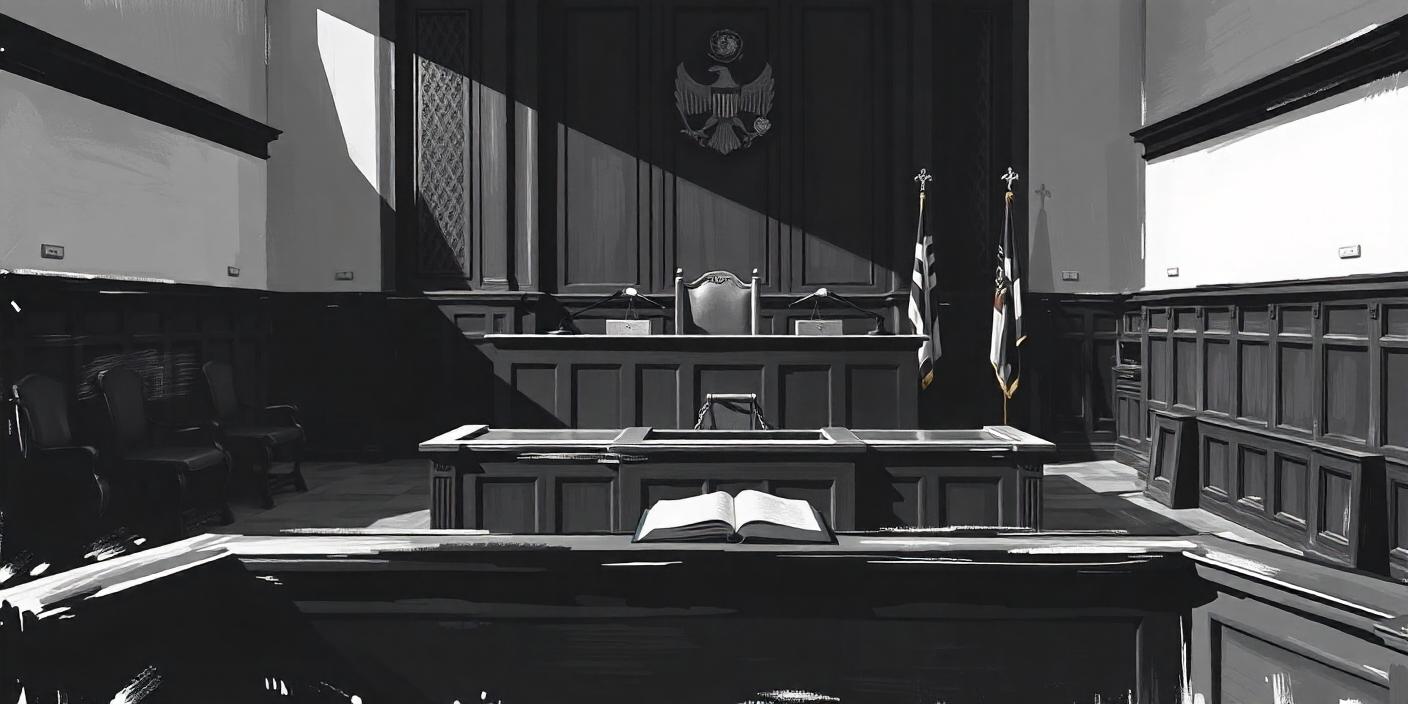Your cart is currently empty!
Tag: Patent Law
A Case Where Patent Law Meets International Commerce

Brown v. Duchesne (1857) Imagine you are in the 1850’s. A foreign ship docking in the United States port of Boston, its equipment bearing an improvement patented in the United States. Should the inventor have the right to enforce their patent against the ship’s owner for merely entering U.S. waters? That was the central issue… Read more
Intellectual Property Law: A Deep Dive into Innovation and Legal Protections

General Overview Of IP Intellectual property (IP) law operates as a cornerstone of modern innovation, protecting creations while balancing the public’s need for access and use. This article delves into the intricacies of the four major branches of IP—trade secrets, patents, copyrights, and trademarks—revealing how each contributes to a robust framework that fuels creativity and… Read more
When Patent Law and Courtroom Rules Collide: Lessons from Astellas Pharma v. Sandoz

Astellas Pharma v. Sandoz (2007) So What Happened? Imagine this: you’re a pharmaceutical company that’s spent years developing a drug to treat a condition affecting millions. You’ve secured a patent, invested heavily in production, and brought your innovation to market. Then, a generic drug manufacturer challenges your patent, and the court unexpectedly invalidates it based… Read more
How the U.S. Utilitarian Approach to IP Law Unleashes Creativity

Overview of Theory Behind IP Imagine a world without copyright or patent protections. Why would anyone invest time, resources, or creativity into building something new if they had no assurance of reward? Intellectual property (IP) law isn’t just a legal framework; it’s a dynamic tool designed to maximize societal benefit by incentivizing creators and innovators.… Read more
What Happens When Innovation and Legal Rights Collide?

Gayler v. Wildor (1850) Imagine this: you’ve worked hard on an invention, poured time and energy into perfecting it, and finally, you’ve got a patent. But then someone comes along and says, “Hey, your idea isn’t new! Someone else already thought of it!” That’s essentially what happened in the 1850 Supreme Court case Gayler v.… Read more
